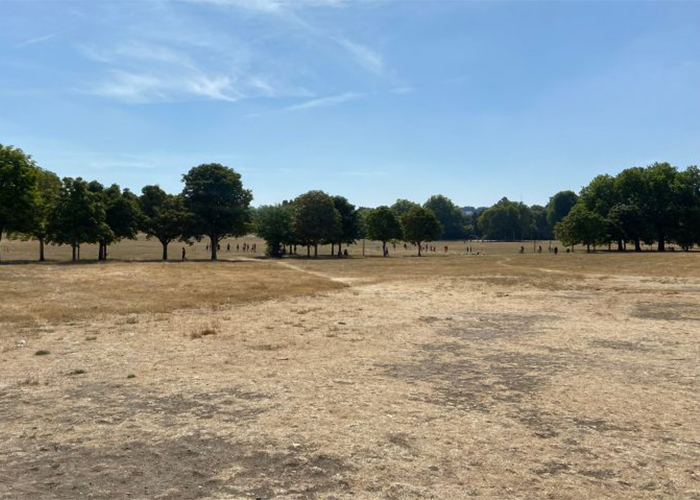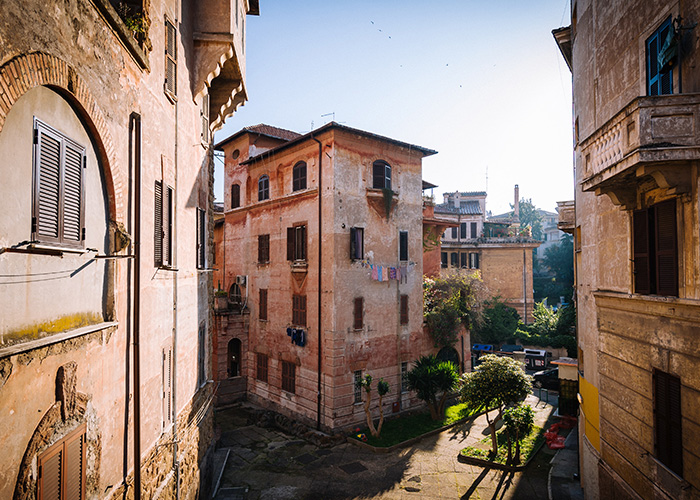Living a Healthy Life by Harvard University: Experts at Harvard University have released a collection of articles focusing on healthy living. The collection identifies and examines seven core precepts: ‘what we eat’, ‘how we move’, ‘what we feel’,‘how we rest’, ‘what we moderate’, ‘how we live longer’ and ‘how we find joy’. In one article they recommend to “spend time outdoors, it’ll improve your health.” This may be an obvious statement though we can easily forget this wisdom in our increasingly time-poor lives. Professor of nutrition and epidemiology Heather Eliassen says that some of the benefits include “improvements in sleep, blood pressure, cognitive function and physical activity, as well as reduced risks of chronic disease, such as type 2 diabetes, cardiovascular disease and cancer.” Whether it’s a picnic in the …
streetchat

Dezeen
“Grassy parks no longer viable in the face of global heating”: British parks can no longer be modelled on ‘long-dead aristocrats’ with lawn-heavy landscapes due to soaring temperatures, writes Phineas Harper for Dezeen. He proposes planting urban forests to help control city heat and keep green spaces green during summer. Harper writes that there are 150,000 hectares of urban green spaces in Britain, and by turning these large open lawns into small urban forests, the ground temperature will reduce. This would also ensure the urban spaces are habitable even in scorching summer heat. According to research published last year, he writes, “Not only do trees stay green in dry weather, trees can bring down urban temperatures by between 8 and 12 degrees Celsius, providing shade and reducing local evaporation. Which is …
What wandering can teach us about designing new spaces: Wenting Guo, Senior Design Lead with IDEO, describes the experience of wandering in Rome in early 2020, and learnings that can be applied to designing new spaces. Guo writes on the IDEO blog, “The joy of wandering comes from its unpredictability, which is always delicately balanced against the fear of being completely lost.” She shares how the physical environment can offer calming spaces in between places, where inspiration can be found through spontaneity and the unexpected. Wanderers of Rome will often notice the beautiful light as it plays against the dry Mediterranean climate and the architecture, Guo says, “It dictates and changes what we can and cannot see at different times, often revealing only a small fragment of the overall picture.” …




